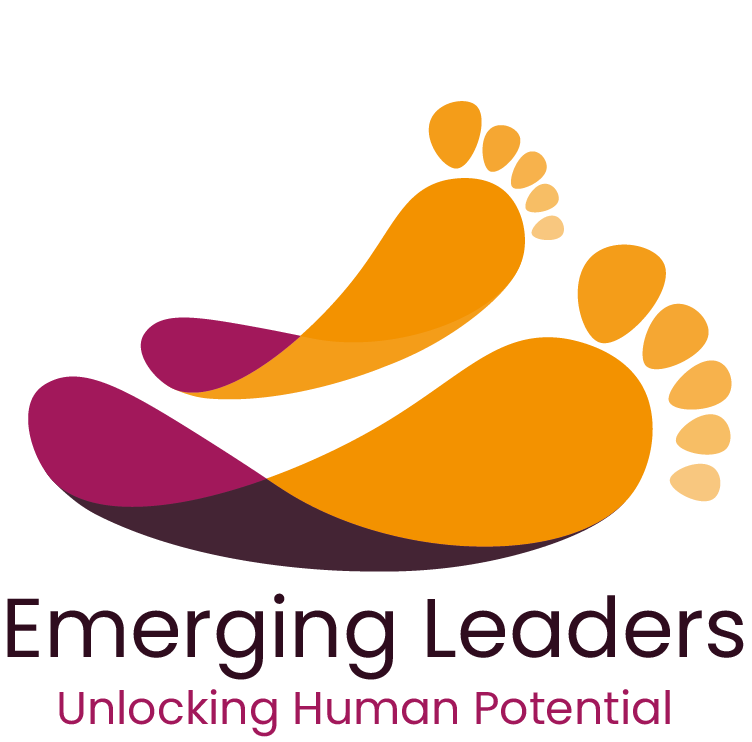Would you entrust your child to this teacher?
What a massive act of faith this is!
If you have not escaped through the back door and set off across the fields of Home Schooling with your child, you are pretty much expected to legally toe the line as far as the education for your children is concerned.
Who is this teacher?
I remember one particular year, desperately hoping that my children’s’ new teachers would be the right fit for them:
Would my son’s teacher be understanding and sensitive towards his shy nature?
Would my daughter’s teacher spot her brilliance in creative writing (in my eyes) and give her the encouragement to blossom?
Of course, it didn’t help being a teacher myself. I wanted to know: who is this teacher?
Who is this person who will be holding such a responsible position in the life of my child?
My alert, eagle eyes watched out for anything that I thought might inhibit my child’s ability to flourish. Or that in any way might oppress their amazing potential. I knew their early years at school were crucial for developing and building their character. That their confidence and their courage and critical thinking were being developed.
To this day, over 30 years later, I am still passionate about good education; education that focuses on the individual and believes in the amazing potential of every child. Personal challenges, disabilities or social setting shouldn’t matter.
Jailed for seeing education as a practice of freedom
Recently, I have come across the influential work of Paulo Freire through his book Pedagogy of the Oppressed. His radical views landed him in jail and exiled by the Brazilian Military Government within two years of the book being published in 1968.
I became aware of people eagerly talking about his writings that challenged the whole paradigm of education. Freire wanted to draw our attention to the need to start a conversation, or maybe even a revolution, in the way we ‘use’ education. He wanted to challenge what had become accepted norms within classroom life.
He saw education as a practice of freedom, not a practice of domination. In a dominating education system, students are meekly filled as empty containers. And then tested from time to time to see how much might have leaked out. He wanted education to move away from being a gigantic machine for stuffing children’s heads full with knowledge. Education needed to become something more important, more vital.
His focus was to:
Challenge oppressive structures, which he believed schools and the education system of his country were, and
Create a more equitable, caring and beautiful world, through action and reflection…a world that included the marginalised and dehumanised.
He wanted us to see education involving everyone, joining together to visualise a better world. And then to take action to create it.
How can we encourage freedom through education?
Put this way I find myself keen to agree with Freire. I want to see our teachers being so much more than just the one in charge. The important one imparting what is considered to be knowledge. The one who knows it all. Or the one who may or may not take a liking to my child.
This will require an education system full of teachers who have learnt the motivation, mind-sets and skills to lead themselves well. So they can confidently walk alongside the children in their classes, showing them through their own modelling how to care and shape their world for the better. Teachers who become living examples of what it means to take responsibility and to act and live proactively.
With a plethora of world issues constantly on our minds, from how to do justice to the SDG’s, to solving refugee and humanitarian crises, we need to be preparing our children to think like leaders for the world they are inheriting.
Emerging Leaders work in education
For the past three years, Emerging Leaders has refined our leadership training programme for implementation with students. With teachers. In schools. Schools that want their students to create a beautiful world.
Our signature education programme, LEAD NOW, has been used in the UK, Kenya, South Africa, and Rwanda. It doesn’t focus on how to help teach maths or literature. Instead it focuses on heart, character, mindsets, motivation, leadership. Education is often a way to bring conformity instead of a way to bring innovation and creativity to the world. How do we encourage children to be global citizens? Thinkers? Dreamers? Change-makers? Much of it relies on transforming teachers, and helping them bring out the best in their students, whoever those students are.
